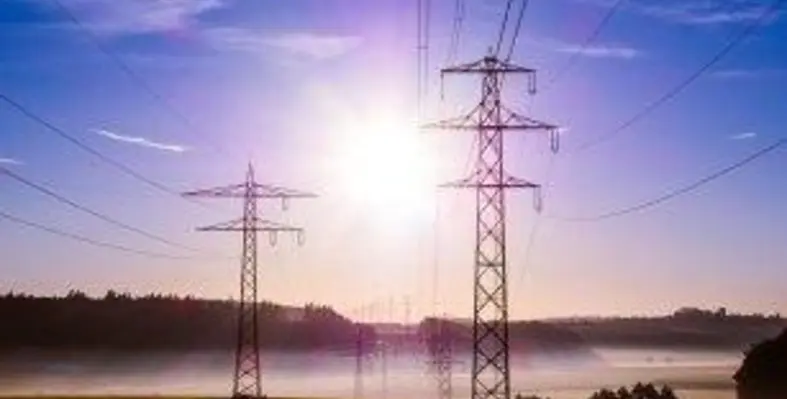The World Bank has approved a US$50mn grant from the International Development Association (IDA) to improve access to electricity in Sierra Leone and enhance institutional capacity and commercial management of the sector
The project will be co-financed with a US$2.7mn grant by the Japan Policy and Human Resources Development Fund.
The Enhancing Sierra Leone Energy Access project will support the country’s post-COVID-19 economic recovery by providing electricity to households, businesses, health clinics and schools, which is a critical part of the recovery process. It is set to support the replacement of costly fuel generation plants with low cost power, which would free up scarce fiscal resources for other urgent socio-economic needs. This project will provide electricity to approximately 276,000 people and about 700 health facilities and schools and help cut an average of 15,135 tons Greenhouse Gas emissions per year.
Around 23% of Sierra Leonean have access to electricity, which is below the Sub-Saharan average of 30%. The gap in infrastructure is impacting people’s welfare and ability to access services and also severely impeding on competitiveness, job creation and poverty reduction.
“This project will help address the country’s key infrastructure deficits, which is one of the most fundamental elements for promoting sustainable growth and job creation in the COVID-19 recovery,” said Gayle Martin, World Bank country manager for Sierra Leone. The Enhancing Sierra Leone Energy Access project is aligned with the outcomes of the multi-stakeholder energy sector roundtable held in October 2019 and the electricity distribution and supply authority turnaround roundtable in November 2019 where the government and donor partners were in consensus on the sector’s priorities.












